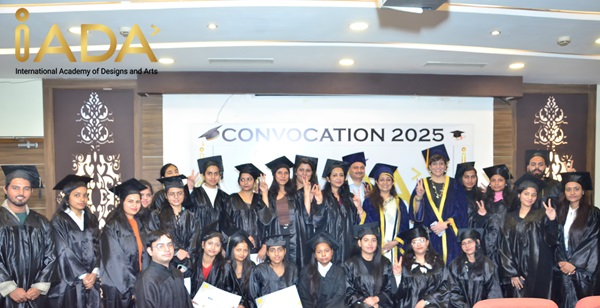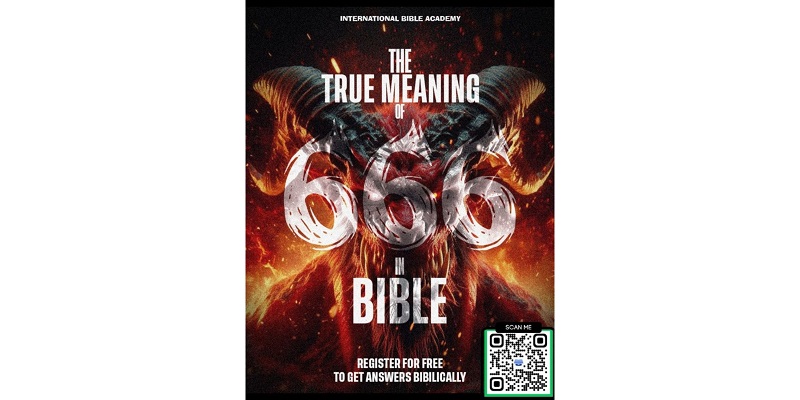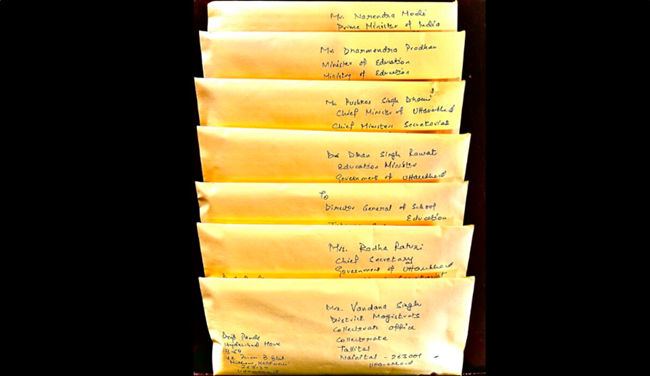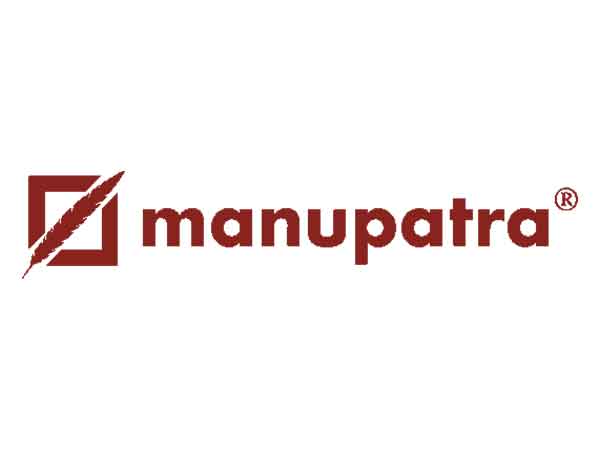Victorian Premier Jacinta Allan, Dr. Jitendra Kumar, MD BIRAC, La Trobe University VC Prof Theo Farrell & Ms. Michelle Wade, Victoria’s Commissioner to South Asia, post signing of the Letter of Intent
New Delhi, India, 18 September – Australia’s La Trobe University and India’s Biotechnology Industry Research Association Council (BIRAC) have today signed a Letter of Intent (LOI) to establish a Bio Innovation Corridor to support the development of research and innovation.
La Trobe University is ranked in the top one per cent of the world’s universities. It has a proud and successful history in India, partnering with tertiary institutions and organisations on projects that benefit both countries, and helping develop India’s brightest minds through joint education opportunities.
The Bio Innovation Corridor between India and the Australian state of Victoria will open access and provide landing pad opportunities to entrepreneurs, startups and researchers from both countries.
The LOI will enable La Trobe and BIRAC to scale up and foster collaboration with knowledge-based technologies and ideas leveraging biotechnology, with applications in agtech, food tech, medtech, and for human health and wellness purposes.
La Trobe University Vice-Chancellor Professor Theo Farrell said the University was delighted to announce the creation of the Bio Innovation Corridor.
“This exciting new partnership will offer the skills, infrastructure and capabilities of La Trobe University to Indian startups, entrepreneurs and researchers that have ideas and technologies that can be scaled up for applications and commercialisation in Indian and Australian markets,” Professor Farrell said.
“It is part of our vision to develop an ecosystem of research and innovation through co-location opportunities, including at our University City of the Future at our Melbourne campus in Bundoora and our four Victorian regional campuses.
“Here, promising start ups, entrepreneurs and corporates from India can establish their R&D, innovation, product development and commercialisation facilities in conjunction with La Trobe through a range of innovative business partnership models.”
The LOI was signed by Prof Farrell and Dr. Jitendra Kumar, Managing Director of BIRAC, during the Victoria Connect event, which was attended by Victorian Premier Jacinta Allan.
Premier Allan said Victoria was a prime location for both international students and collaboration on important research and innovation.
“The agreement between La Trobe University and BIRAC offers immense opportunities to entrepreneurs and researchers from India through access to La Trobe’s world-class facilities at its campuses in regional Victoria and Melbourne,” the Premier said.
Dr Jitender Kumar from BIRAC said: “Today’s signing of the Letter of Intent between India and La Trobe University represents a significant milestone in the realm of biotechnological advancement. This formalizes our commitment to fostering collaborative research and innovation at the global level. The Bio Innovation Corridor will open new avenues for entrepreneurs by fostering cross-border collaboration and leveraging our collective expertise. This partnership exemplifies the potential of international synergy in advancing cutting-edge solutions for global scientific progress.”
La Trobe recently launched a purpose-built Bio Innovation Hub (BIH) that will help startup companies develop new technologies in med tech and drug delivery.
“Facilities like the Bio Innovation Hub and our Digital Innovation Hub are opportunities where Karnataka-based startups and new technology players will be encouraged to co-locate and work in a vibrant biotechnology-based ecosystem for building their businesses,” Professor Farrell said.
The Victoria Connect event in Delhi organised on 17 September 2024, is showcasing the opportunities between Victoria and India in the higher education and value-adding technology sectors.
Contact:
Amit Malhotra
Megan Fisher, Pro Vice-Chancellor, Industry Engagement, La Trobe University (+61 9479 2070) Sid Jain, Director of Precinct Development & Operations, La Trobe University (+61 408 764 036) Bio-Innovation-Hub-April-24-WEB-.pdf (latrobe.edu.au)
About the Biotechnology Industry Research Association Council (BIRAC)
Biotechnology Industry Research Assistance Council (BIRAC) is a Not-for-profit, Section 8, Public Sector Enterprise set up by the Department of Biotechnology under the Ministry of Science and Technology, Government of India. BIRAC’s mandate is to strengthen and empower emerging Biotech enterprises. The organization is committed to promoting, nurturing and enabling the Biotech Innovation Ecosystem to develop globally competitive affordable products to address the unmet needs of society at large. BIRAC through Public Private Partnership has taken up a multitude of activities from providing funds for high-risk translational research, supporting nascent ideas, capacity building through creating bioincubation centres as shared infrastructure, handholding through mentoring and training, to policy advocacy for empowering the biotech ecosystem in India.
About La Trobe University
For more than 50 years, La Trobe University has been transforming people and societies. Located in Melbourne, Australia, the University works collaboratively across disciplines and with partners to develop fresh ways of thinking and conducting research – constantly seeking new ways to engage with and better serve its partners and communities, to build relationships and develop solutions for the issues facing society. Along with holding its top 300 ranking in Times Higher Education’s World University Rankings 2024, La Trobe earned the prestigious ‘Most Improved – Oceania Award’ in the QS World University Rankings 2025, rising 183 places over the past five years to claim its new spot at 217 of the 1,500 universities evaluated. Read more about La Trobe here.
La Trobe University media enquiries
Charisse Ede
c.ede@latrobe.edu.au, 0404030698, media@latrobe.edu.au


 Entertainment3 years ago
Entertainment3 years ago
 Education1 year ago
Education1 year ago
 Business2 years ago
Business2 years ago
 Technology1 year ago
Technology1 year ago







